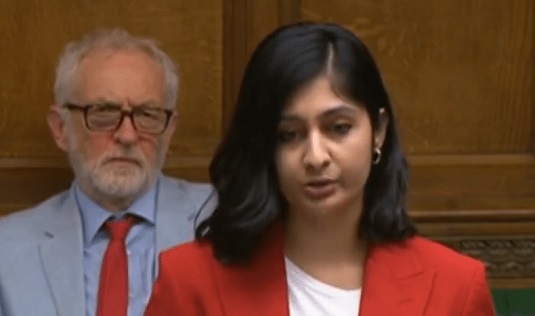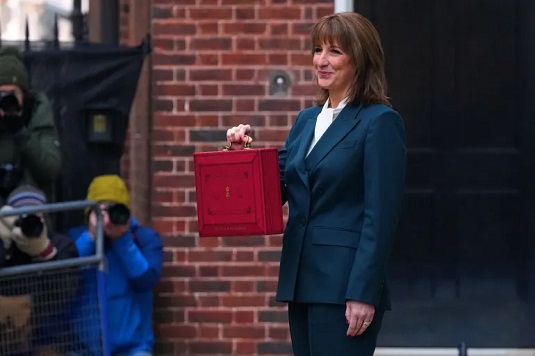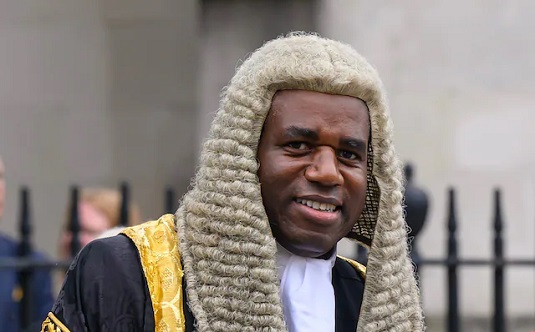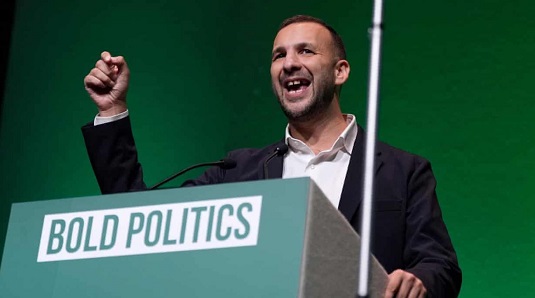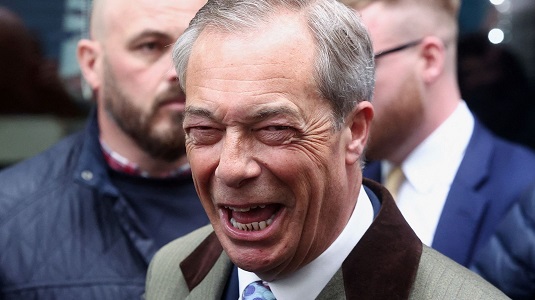
On single leadership vs collective leadership, the latter won. On keeping the ban on dual membership, Team Jeremy lost. On enshrining trans liberation in the constitution, that vote was won. All these might have been tighter or lost if the secretive organising committee hadn't ham-fistedly imposed themselves on proceedings on the previous day. And in ballots over the weekend, measures emphasising local branch democracy and initiative, anti-cuts principles, trade union relationships, and positioning YP as an explicitly working class socialist party all passed. The only thing Corbyn got his way on was the ridiculous Your Party name. It was good to see him strike a contrite note in his interviews, and likewise Zarah Sultana apologise to conference for her role in making the founding of this party a mess. In all, despite the overdramatic protestations of Corbyn superfans, something was achieved. If YP was in the toilet following the last round of bilious fallings outs, the membership scooped the project out of the bowl as the party's would-be elites yanked hard on the chain.
There are still unresolved issues. Who gets to be the leadership now? With MPs and councillors barred from the incoming executive committee, this is an opportunity for the party to put forward a new generation of leaders. Corbyn will forever remain YP's figurehead, but there's now a chance the party can transition from one-man-band status to something other than his needy dependent. And though existing self-declared Leninist outfits are not barred, what kind of relationship they should have in the new party is in the new committee's gift. Keep them as is, require them to fold into party platforms, re-impose the block? Whoever the leadership will be and whatever they decide to do, the membership have already demonstrated good sense. The chances of the SWP or the other little Lenins taking over or wrecking it through sectarianism is thankfully, for once, remote.
To be sure, Your Party is taking risks organising this way. As others have pointed out, in politics having a stand-out figure is a boon. Ask Reform. Ask the Greens. Without that, how can YP capture the public's eye? This is now especially difficult as September's stupidities have ensured Zack Polanski is hogging much of the space that was YP's for the taking. Where there are still openings is where the left are much stronger than the Greens. I.e. In the workplaces, in community organising, in street movements, in solidarity campaigns. We build from there. Owen Jones argues that time is of the essence, and that's true. But he also knows from his labour movement history and that building the political capacity of our class isn't dependent on elections. There are other ways, and the existing collective experience of YP can counter Labour and the rise of Reform outside the ballot box. It's not the mainstream way of doing things, but then again YP is not a mainstream party.
Doesn't collective leadership and the recall of lay officials suppose permanent factional struggle? Yes. But if the project is organising our class as a political party, it cannot be any other way. The working class is as diverse as it is vast, and anything aspiring to this role has to be a clearing house for experiences and opinion. Discussion, debate, the freedom to form platforms and factions around positions, all these are necessary for formulating strategy. The way forward is not going to be handed down from superhumans living on a higher plane. A democratic workers' party is a noisy party, not a personality cult, not an agreement of diplomatic silences, not a narrow mono-idea sect. This is the challenge YP's membership has set. Which demonstrates a level of political maturity over and above the caricatures attributed to the left - even, sometimes, by itself.
Politics is not easy, especially class politics. Nor are there any guarantees. YP's membership have chosen a difficult path, but in the circumstances, it was the right path, the only path. Drawing a line under the mistakes and idiocies of the last few months means moving on from Corbynism. With all the dust having settled, it's clear this is what Your Party has started to do.
